ABE1438
Anti-60S Ribosomal Protein L26
from rabbit, purified by affinity chromatography
About This Item
Produits recommandés
Source biologique
rabbit
Niveau de qualité
Forme d'anticorps
affinity isolated antibody
Type de produit anticorps
primary antibodies
Clone
polyclonal
Produit purifié par
affinity chromatography
Espèces réactives
human
Conditionnement
antibody small pack of 25 μL
Technique(s)
immunohistochemistry: suitable (paraffin)
western blot: suitable
Numéro d'accès NCBI
Numéro d'accès UniProt
Conditions d'expédition
ambient
Modification post-traductionnelle de la cible
unmodified
Informations sur le gène
human ... RPL26(6154)
Catégories apparentées
Description générale
Spécificité
Immunogène
Application
Epigenetics & Nuclear Function
Qualité
Western Blotting Analysis: A 1:500 dilution of this antibody detected 60S Ribosomal Protein L26 in 10 µg of HEK293 cell lysate.
Description de la cible
Forme physique
Stockage et stabilité
Autres remarques
Clause de non-responsabilité
Vous ne trouvez pas le bon produit ?
Essayez notre Outil de sélection de produits.
Code de la classe de stockage
12 - Non Combustible Liquids
Classe de danger pour l'eau (WGK)
WGK 1
Point d'éclair (°F)
Not applicable
Point d'éclair (°C)
Not applicable
Certificats d'analyse (COA)
Recherchez un Certificats d'analyse (COA) en saisissant le numéro de lot du produit. Les numéros de lot figurent sur l'étiquette du produit après les mots "Lot" ou "Batch".
Déjà en possession de ce produit ?
Retrouvez la documentation relative aux produits que vous avez récemment achetés dans la Bibliothèque de documents.
Notre équipe de scientifiques dispose d'une expérience dans tous les secteurs de la recherche, notamment en sciences de la vie, science des matériaux, synthèse chimique, chromatographie, analyse et dans de nombreux autres domaines..
Contacter notre Service technique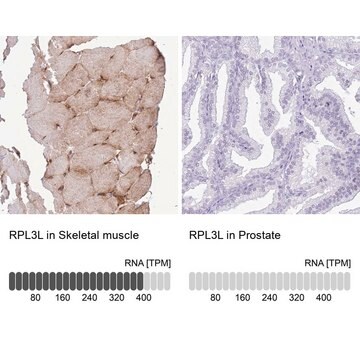
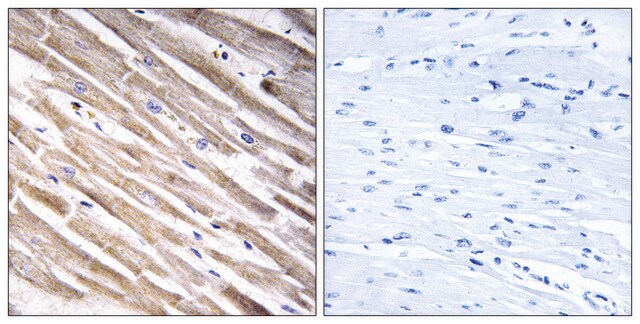
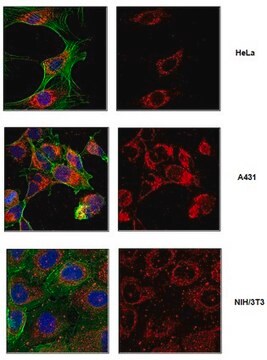


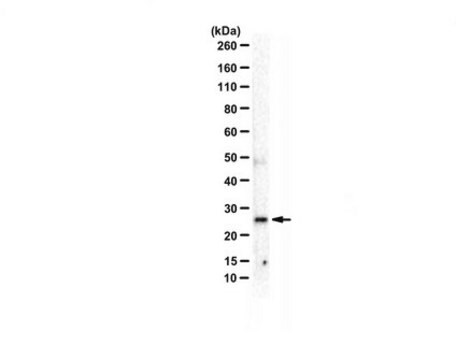

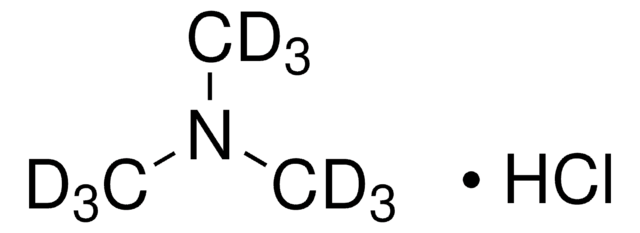
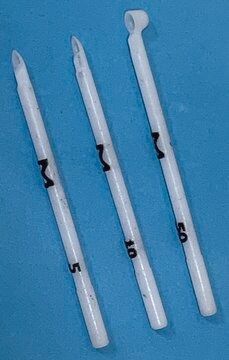
![N-[[2-(Diphenylphosphino)phenyl]methylene]-3-methyl-L-valine sodium salt 95%](/deepweb/assets/sigmaaldrich/product/structures/514/394/34f4fd07-0745-48d5-b150-23701865e8a1/640/34f4fd07-0745-48d5-b150-23701865e8a1.png)